Slowing down with... Orfhlaith Egan
A short interview with artist Orfhlaith Egan / @orlainberlin
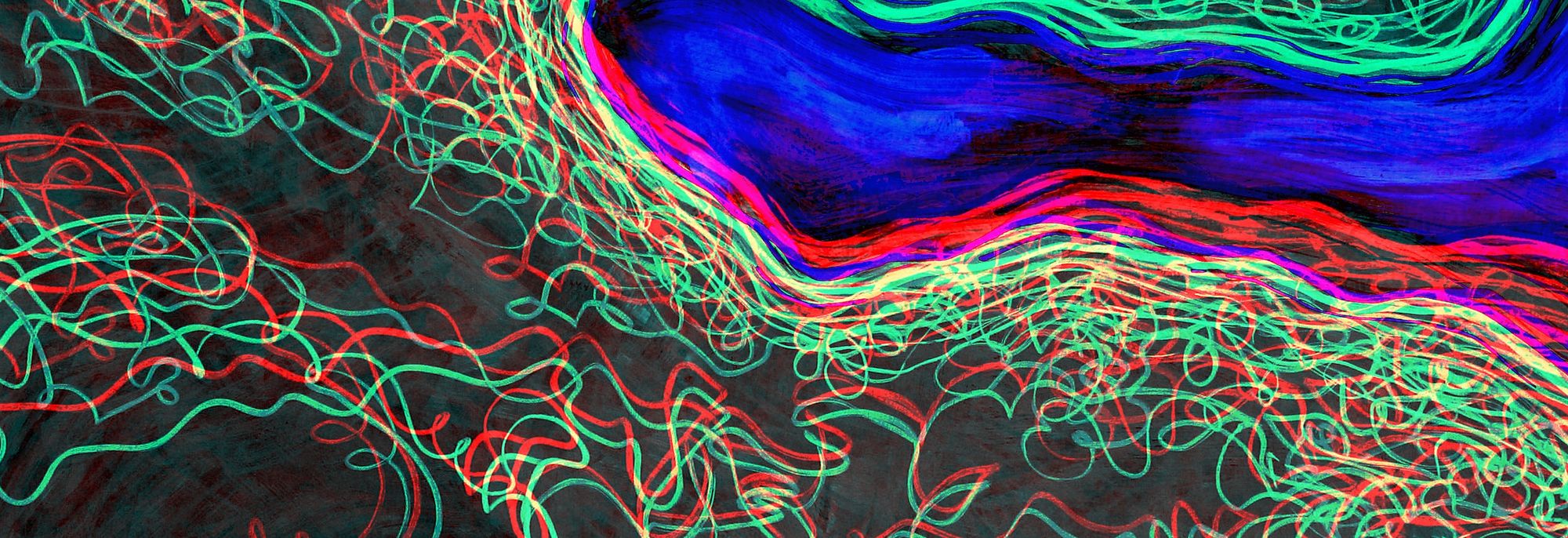
(above, a detail from Lake Life, by Orfhlaith Egan)
It's time for the joy of pausing from our busy hours to savour yet another artist interview. Today it's Orfhlaith Egan, who some of you may know as @orlainberlin in Twitter. I got to know of her work on what now seem to be the distant early days of March this year (!), amidst the fast-paced developments around Hic Et Nunc. I got captivated by her calm landscapes, her use of colour and her slight digital rework of her physical paintings. Orfhlaith, the floor is yours.
Q: What is your background?
A: I was raised in the village of Cornamona, on the shores of Lough Corrib in one of the primarily Irish-speaking regions of Ireland. The landscape and the nuances of the local area are the foundations of my art and by extension the teasing out of memories from my past in an attempt to make sense of who I am, where I come from and why that matters.
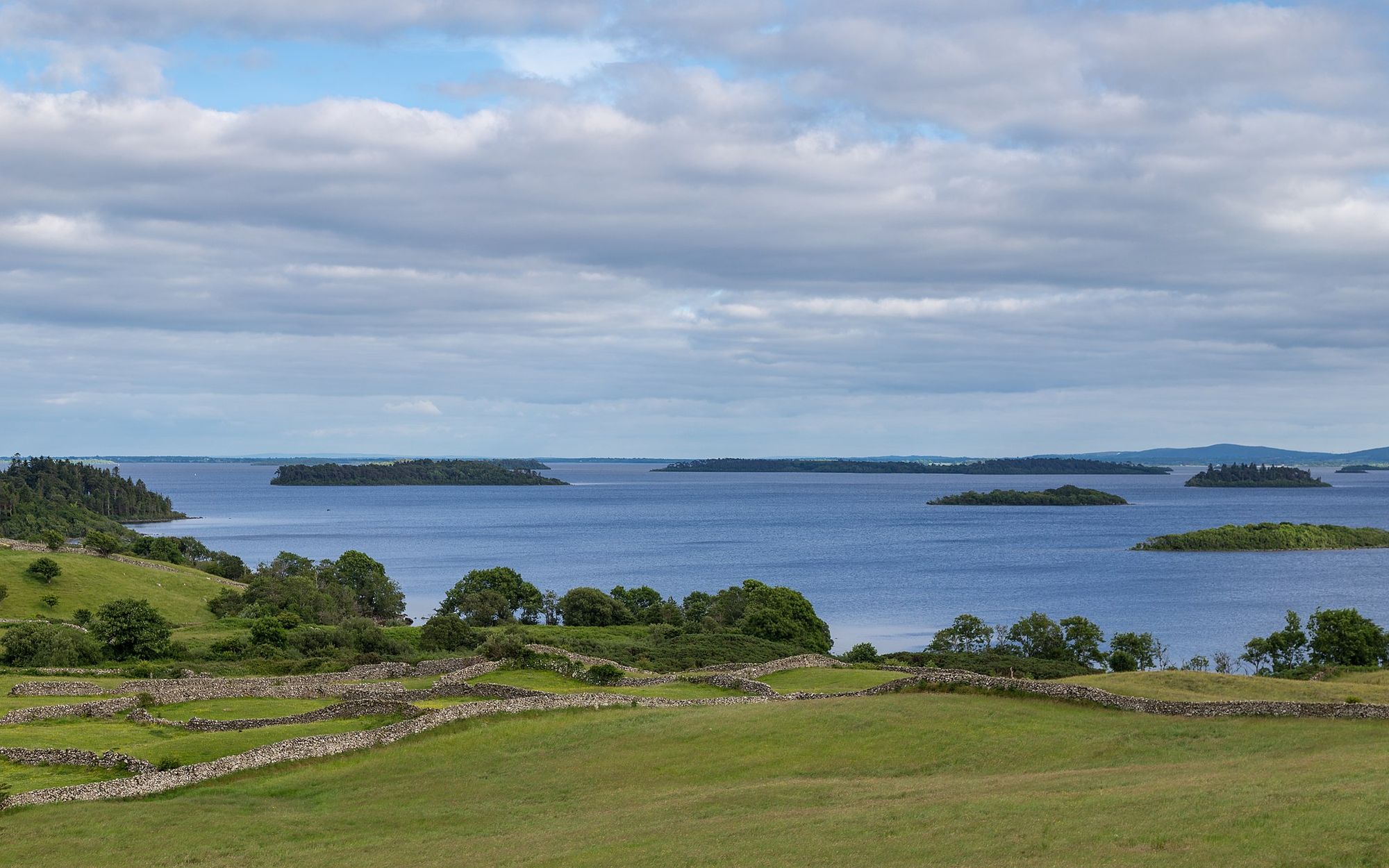
Q: How did you get into art? Is it your main activity?
A: In our village the most artistically stimulating building which I had regular access to was the local church. There were brightly painted life-size statues of holy figures, large dramatic paintings of the Stations of the Cross along the walls, they fascinated me, the realism, the colours, the emotion on display. Every week our schooldays were punctuated by various religious rituals and every Sunday there was theatre with golden chalices and beautiful songs. This is my first memory of an appreciation of art and its power.
As a teenager I was recognized at school for my drawing ability by being allowed sit the state art examinations despite it not being on the school curriculum. I did very well and from that point on art was my main preoccupation and my father drove me one hour over and back every Sunday to the city to attend art classes.
I was encouraged very much by my teachers and family to pursue art though I had no idea it was something I could do as a career other than be an art teacher, all my art teachers had been women.
I studied Art History at university and while I loved the reading, I struggled fitting in and adapting to city/student life. Perhaps retreating back to my earlier fascination with all things religious I joined a born-again Christian sect; some might call cult. I have no memory of the 2 years spent with the group and had to be forcibly removed. I was sent to London to recover. I came back and finished my degree with renewed purpose deciding I would quite like to be an art restorer and planned on applying to the Courtauld Institute. I was still younger than most of my peers and I decided to travel for a year first.
I moved to Jordan and started my aviation career as a flight attendant. I lived and worked 7 years in Jordan followed by 5 years in Saudi Arabia.
I moved to Germany in 2012 and since 2016 have tried to make a living as an artist.
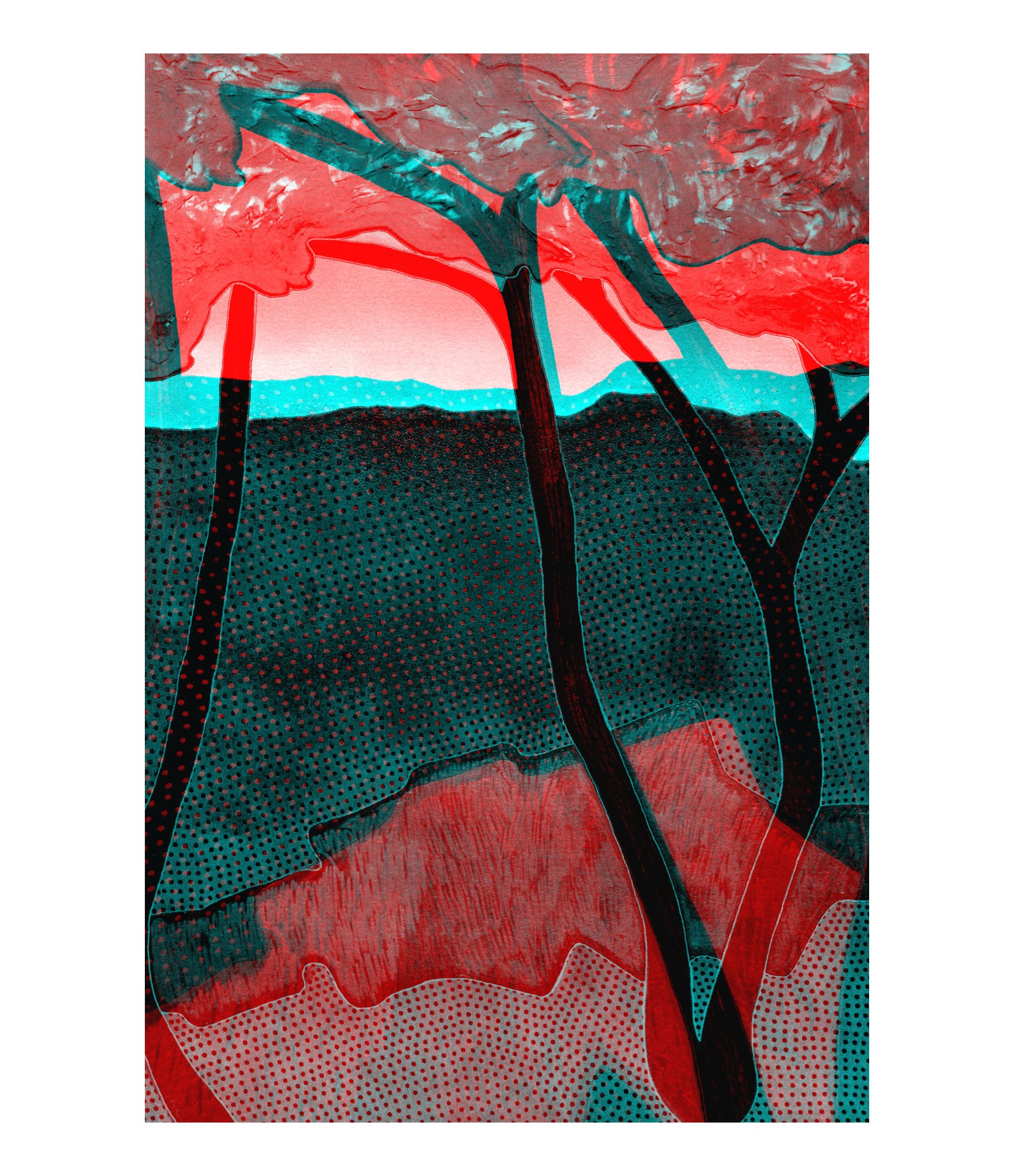
Q: Which are your artistic influences?
A: Paul Henry, Bob Quinn, John Hinde, Harry Clarke, Jack B. Yeats, Georgio Morandi, Georgia O’Keeffe, Edvard Munch, Casper David Friedrich, William Turner, Gerhard Richter and Blindboy Boatclub have all influenced how I approach my art and art appreciation.
Q: What has the art NFT movement meant to you? Has it changed your art practice? Does it enable you to do something that you couldn't do before?
A: In the short time since I entered the NFT space in January my art practice has blossomed. I have turned a corner by learning to not cling too tightly to a single approach. I have found a bridge from my physical work to my digital work and the space to develop it. Some of my works have physical counterparts, a painting on canvas, while all my work has a physical painting (blueprint) as its foundation that I then further develop digitally.
NFTs make complete sense to me, once I overcame the initial hurdle of understanding cryptocurrency, I was determined to create a unique token for each art piece that links back to me. I am so thankful to the people who led the way and insisted royalties be standard practice. I would recommend anyone with an interest in NFTs, art or otherwise, to read the history, to know the names, to follow the evolution in order to fully grasp the concept behind NFTs which fosters purpose and responsibility. It has never been easier to learn with the number of free resources we have. Creating NFTs is empowering, it has given me agency and it has fostered a renewed curiosity and appreciation for art.
I am also grateful for the opportunity to join fellow artists of all types, traditional as well as digital, on a level playing field seeing how to shape how art is traded, collected and curated. Artists, collectors and curators all coming together, across platforms, is thrilling and refreshing to see.
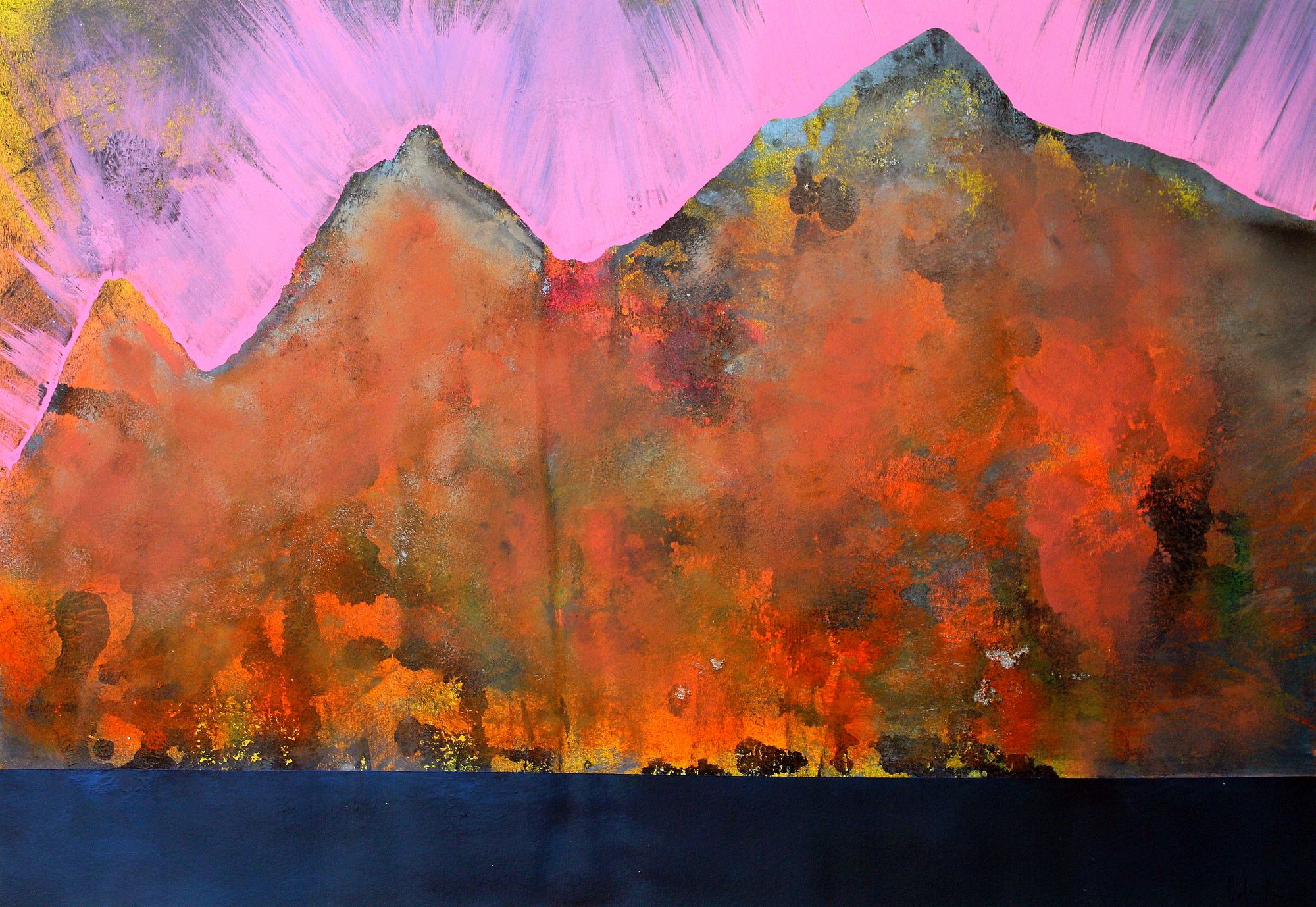
Q: Would you like to highlight any of your works? Any story you'd like to tell around any piece?
A: I would rather not focus on a particular piece. Different people react to different works. That excites me the most, how my work is received and how it is recognized by the viewer. My work is a lot better at articulating itself than I am.
Q: Which NFT platforms are you using?
I am on Rarible, KnownOrigin, Hic et nunc and I just joined Kalamint and will mint there soon.
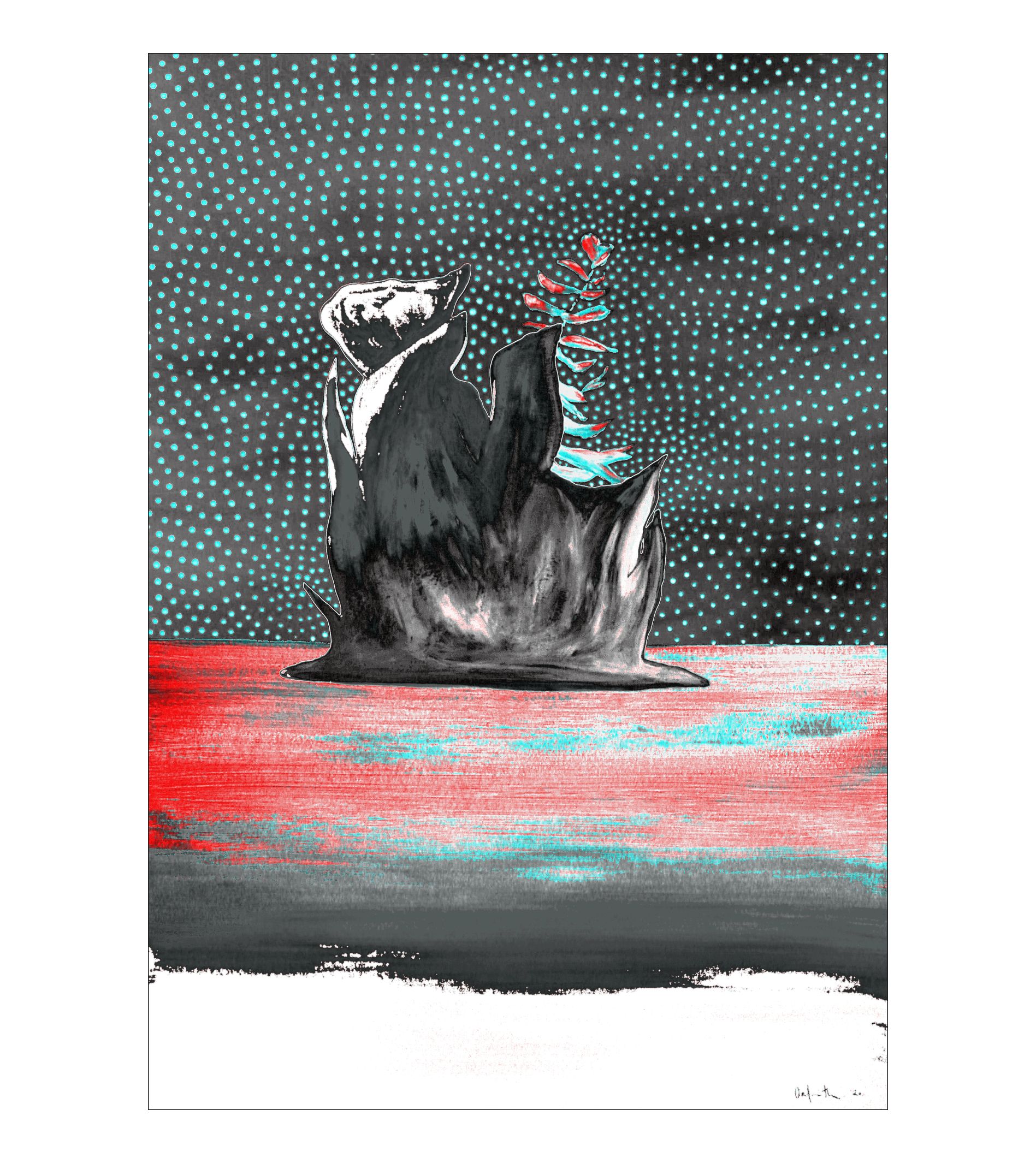
Q: Would you be interested in having some kind of support towards, e.g., promotion, artists discovery, the possibility of working with curators, functionalities to make collaboration and debate easier?
A: I try to follow as much of the debate and what’s going on as I can and am encouraged by the lively conversations and sharing of ideas that are out there. My go-to resource for up to the minute topics, personalities and art is the brilliant Micol @verticalcrypto. The effort she puts in and the resources she has made available are priceless. Thank you.
Q: Any thoughts regarding the underlying decentralized nature of Hic Et Nunc and other NFT marketplaces?
A: I adored Hic et Nunc from the first time I found it after seeing a tweet by Mario Klingemann @quasimondo. The first artwork I collected there was SevenFlower by Jess Hewitt @rustysniper1. Now it is an ocean of art and I appreciate being one of the waves there, a little part of the whole.
Q: How does it impact local communities?
A: As well as creating art, I like being able to buy art I love from a lot of artists, building my own collection, finding new artists through other people’s collections and seeing the ripple effect of that. Supporting causes and projects, collaborations and initiatives, is really satisfying too. So far, I can only give a little bit back, and spreading a little around to a lot of artists rather than giving a lot to one individual seems to have more of a positive impact.
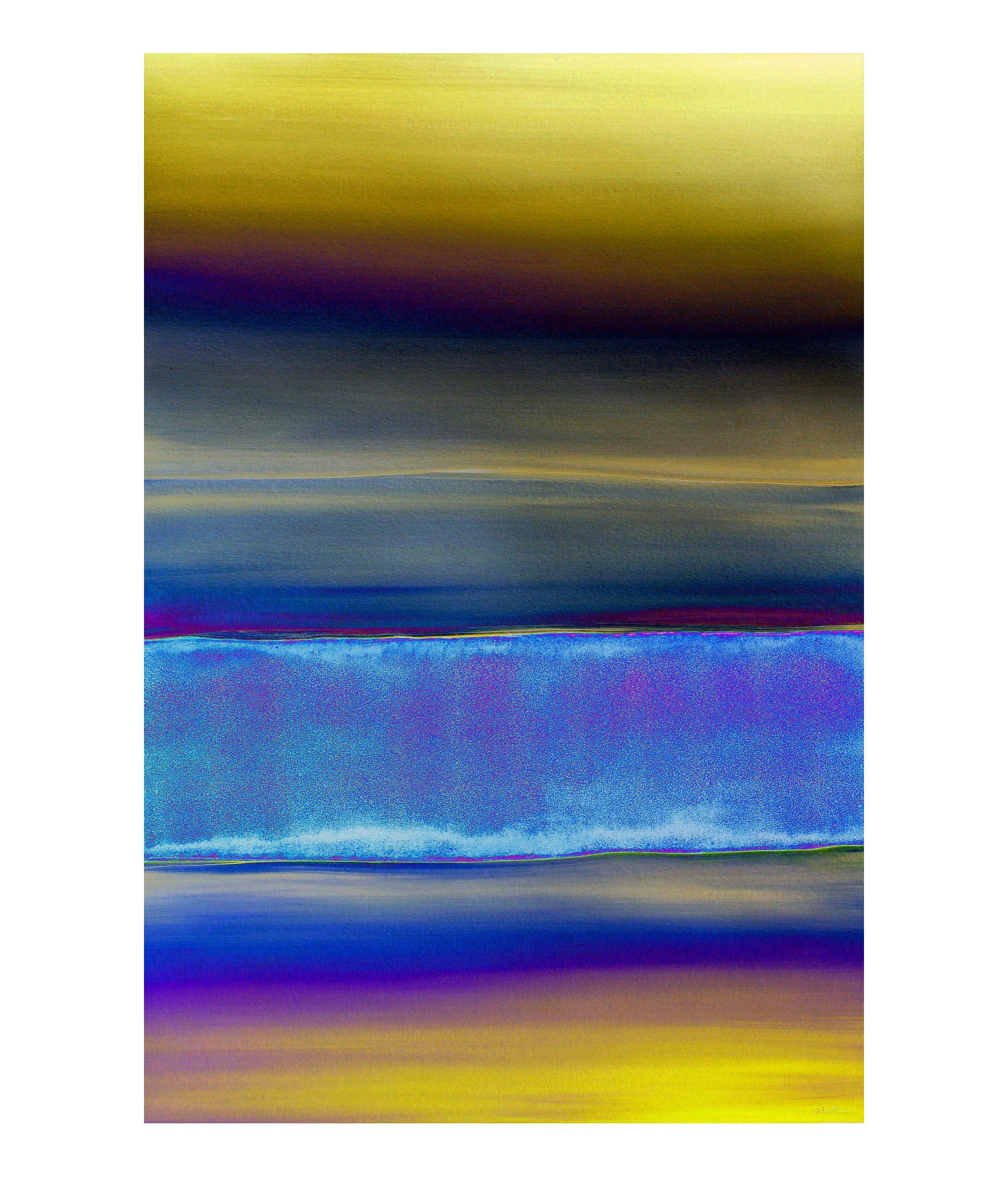
Q: Any other artist whose work you'd like to recommend?
I love a lot of GAN art I’ve been exposed to. It’s beautiful.
There are so many artists I could mention, I discover someone new everyday who takes my breath away. I try my best to retweet every artist or artwork I love on Twitter. Everyone appreciates a share.
I would like to mention my favourite NFT artwork. It has stuck with me since I first saw it a couple of months (weeks?) ago. I do not own it but I go and look at it regularly when I feel burnt out or fed up: Latent Creep #2 by Mario Klingemann hicetnunc.xyz/objkt/29224.
Q: Any closing thoughts?
A: I would like to mention some friends who have been kind to me: @DaveGoode5 @Shokmachine1 @oohgaga_ @pointline_ @Len__Chi @GuysWily @odo_v1 @THorsmeier @thistlepress @RocioCeleEguia @jiucrypto @AdamFryda @1x1_NFT @ALCrego_ @DianeDrubay @SiobhanvGordon @JimThalassoudis @nodradek @LiminalLogic and you too Marcelo, thanks very much! (thank you, Orfhlaith!)